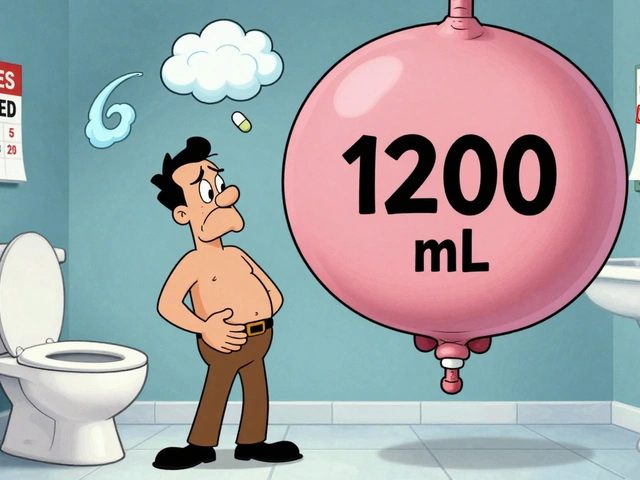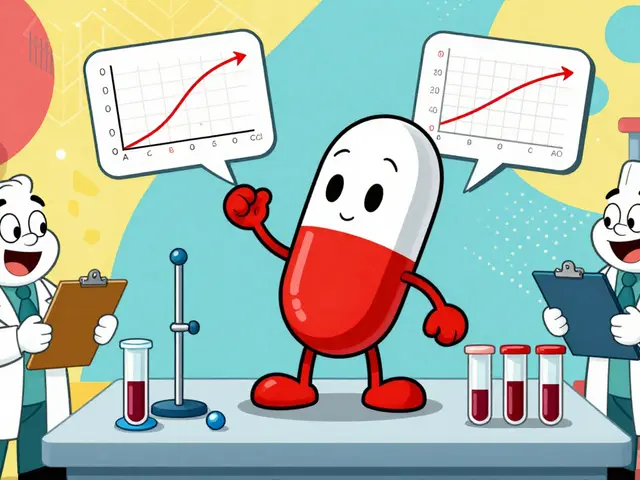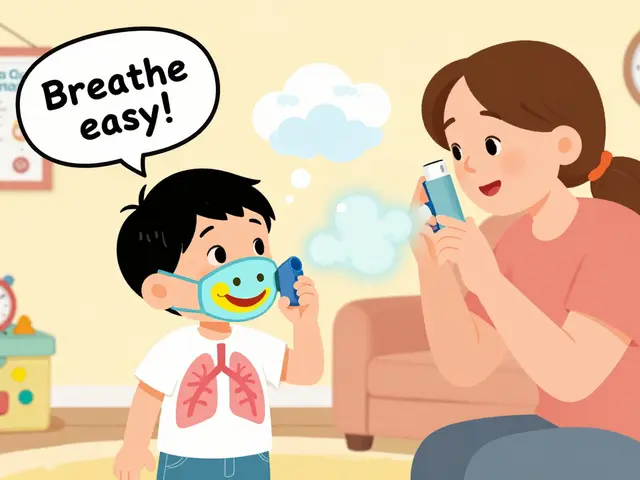Throat infections: what to watch for and what to do
A sore throat is one of those symptoms that can range from mild irritation to something that stops you from swallowing. Most throat infections are viral and get better on their own, but some are bacterial and need antibiotics. This page helps you tell the difference, ease symptoms at home, and know when to see a doctor.
What causes throat infections?
Viruses (like cold viruses, influenza, and some coronaviruses) cause most sore throats. Bacteria such as Streptococcus pyogenes cause strep throat, which often needs antibiotics. Other causes include allergies, postnasal drip, dry air, smoking, and acid reflux. Kids are more likely to get strep; adults often have viral causes.
Signs that suggest a bacterial infection: sudden severe sore throat, high fever, swollen and tender neck glands, white patches on the tonsils, and no cough. If you have a cough, runny nose, or hoarseness, a viral infection is more likely.
Quick home care and treatments
Start with simple steps that help most people. Drink warm fluids and water to stay hydrated. Gargle with warm salt water (half a teaspoon of salt in a glass of warm water) several times a day to reduce pain and swelling. Use a humidifier while you sleep to keep your throat moist.
For pain, acetaminophen (paracetamol) or ibuprofen works well—follow the dosing on the package. Avoid giving aspirin to children and teens. Throat lozenges, hard candy, or sprays can soothe adults. Honey (for ages 1 and up) helps reduce cough and throat irritation.
Antibiotics should only be used for confirmed bacterial infections. If a rapid strep test or throat culture shows strep, common choices are penicillin or amoxicillin. If you’re allergic, your doctor will suggest alternatives. Don’t take leftover antibiotics or pressure your doctor for them if the cause looks viral—overuse drives resistance and won’t help your recovery.
If you have repeated throat infections, chronic sore throat, or symptoms like severe pain, trouble breathing, drooling, or difficulty swallowing, seek medical care right away. Also see a doctor if high fever lasts more than 48–72 hours or symptoms don’t improve after a few days.
Prevention is simple: wash your hands, avoid close contact with sick people, don’t share utensils or drinks, cover your mouth when coughing, and keep vaccinations up to date (flu and COVID vaccines reduce some related infections). For kids who get frequent strep, an ENT specialist can discuss options like tonsillectomy.
Want drug-specific info? Check our guides on common antibiotics and how they’re used. If you’re unsure about symptoms, the safest move is a quick visit to your doctor or an urgent care clinic for testing and clear advice.





